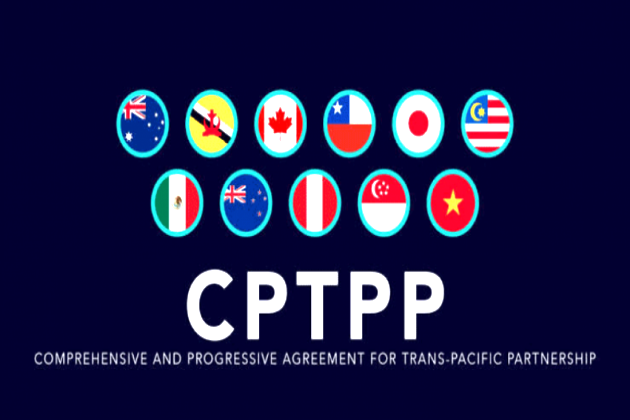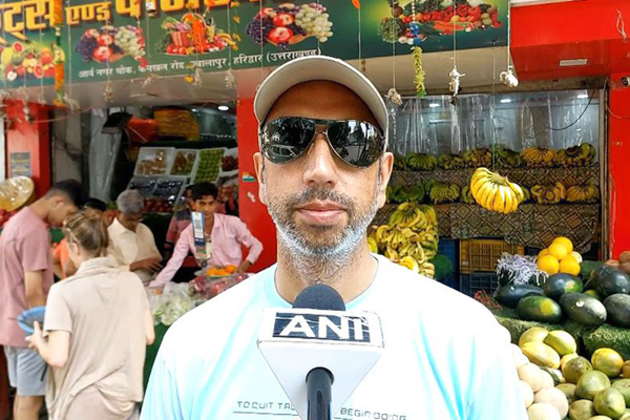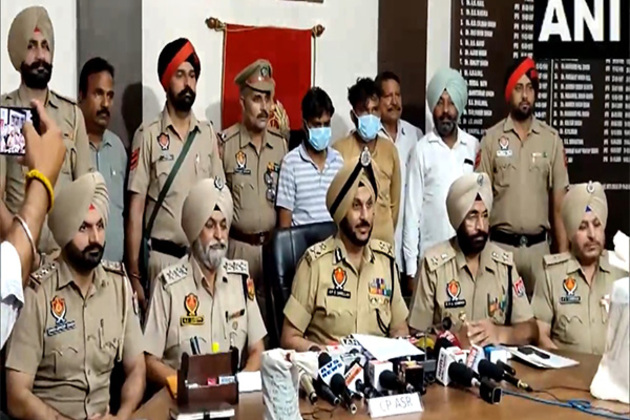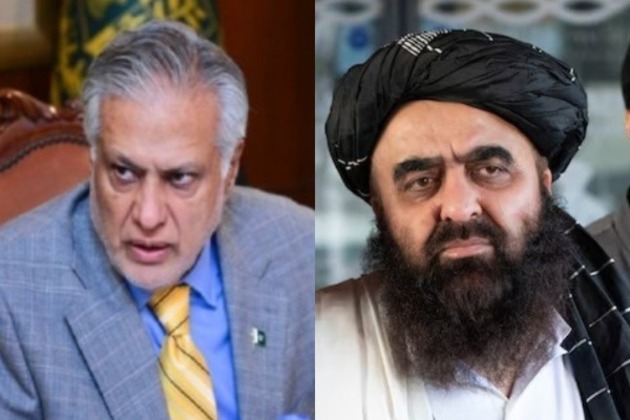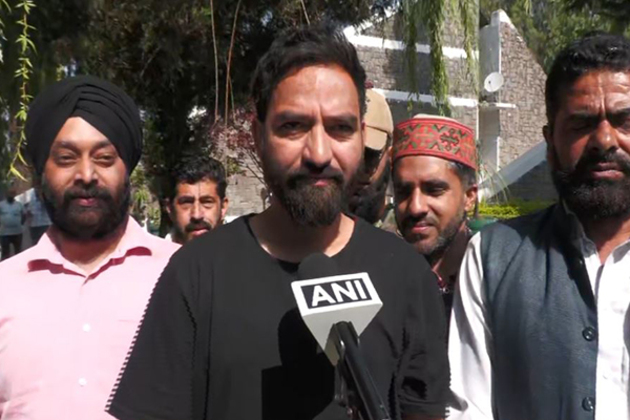Analysis across Africa shows how social media is changing politics
The Conversation
14 Aug 2019, 20:04 GMT+10
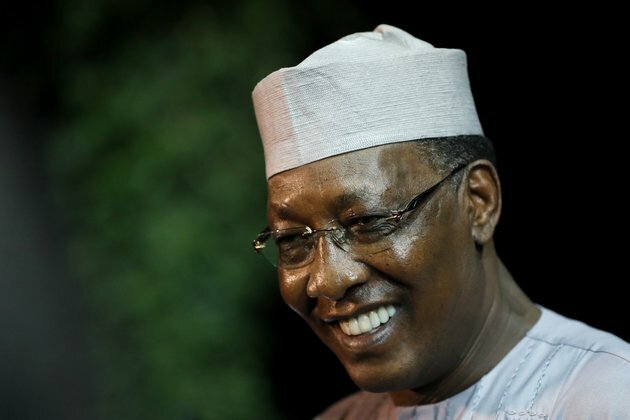
In mid-July Chad lifted its 16-month social media ban. This ended the longest social media blockage seen in any African country. The government argued that the lengthy ban was necessary for security reasons.
The Chadian case highlights the way social media has increasingly been framed as a threat, especially by authoritarian leaders. Since the beginning of 2019 at least nine other African countries have also experienced government ordered internet shutdowns.
A recently published volume jointly edited by us digs deeper into this pattern. We explored the various ways social media has been entangled with politics and security. Social Media and Politics in Africa: Democracy, Censorship and Security includes cases from nine African countries. The 18 contributors to the volume include academics in Africa, Europe, North America, and Australia. Journalists and practitioners in the field of international development also contributed.
Political leaders often view social media as a threat because it can provide the public with greater access to information. It also has the potential to mobilise and challenge leadership. Some authors found ways in which digital platforms were creatively used to expand political participation.
But many authors found the opposite to be the case. In researching cases in Kenya, Stephanie Diepeveen and Alisha Patel demonstrated how social media contributed to reinforcing existing power structures and dominant narratives.
Similarly, a study by Jean-Benoît Falisse and Hugues Nkengurutse found that public political discussions on Facebook and Twitter in Burundi generally didn't include ordinary citizens. Instead, they were dominated by a small number of elites who acted as brokers.
In recent years Africa has seen the world's highest internet penetration growth rates. This means that we should expect social media to play an increasingly prominent role in politics and security on the continent.
This book helps us understand the diverse and complex ways social media is shaping political engagement.
Social media and elections
Three chapters are devoted to social media and elections. In them, the authors show how social media helped develop spaces for engagement and debate.
The first, by us and Jamie Hitchen, found that WhatsApp was an especially important avenue for smaller political parties and new voters in Sierra Leone. The two others - one on Senegal by Emily Riley, the other by researcher and lecturer Nkwachukwu Orji focusing on Nigeria - show the ways civil society organisations use social media in the hope of adding transparency to the electoral process.
Yet, these chapters each warn of the problems of "fake news" on social media. For example, Orji cautions in his Nigerian study that the absence of a strategy to address misinformation can incite election-related violence.
In addition, many government attempts to limit social media occurred during election periods or at unanticipated moments of instability. This happened in Ethiopia during the internet shutdown following the "coup attempt" in June 2019.
Other states have taken more sustained measures to curtail the use of digital platforms. Tanzania, for instance, outlaws the spreading of "false" information under its Cybercrimes Act. UK academic Charlotte Cross explores the law's origins and implementation. She also highlights the heavy burden that individuals have paid for criticising the government on social media.
Traditional and new media
Social media's complex symbiotic relationship with mainstream media is still evident in powerful ways.
Somalia specialist Peter Chonka, for example, argues that the blurring of public and private boundaries inherent in the country's social media environment can be disruptive. It has resulted in a lack of coherence in political communication by state actors. This further challenges their legitimacy. Tensions between traditional and modern forms of communication are reflected in the online clash of views over "appropriate" online content, moral values and perceived threats to national security.
Media scholar Brian Ekdale highlights the debates around "morality" in social media content. He researched a Kenyan government official's attempts to block a local art collective's music video that had been uploaded to YouTube. Ekdale then considers what this shows about the ongoing tensions between global media technology giants and local users and regulators on the continent.
Looking beyond the digital
Social media is more than views and opinions shared online. The technology can also help orchestrate protests that move beyond the digital realm. Two studies look at this. One is by George Karekwaivanane and Admire Mare on the #ThisFlag campaign's efforts to remove Robert Mugabe from power in Zimbabwe. The other is Tanja Bosch's analysis of the #ZumaMustFall movement's attempts to remove Jacob Zuma from the presidency of South Africa.
Both detail the role that social media can play alongside physical demonstrations on the streets. They each also draw attention to the numerous challenges that these movements faced. In doing so, they contribute to Bruce Mutsvario and Kate Wright's argument that a better understanding is needed about the preconditions of effective digital activism.
Finally, Denis Galava argues that increased social media legislation in East Africa is part of a wider historic pattern of systemic state surveillance of the region's citizens.
These contributions highlight an important point made in this book. Any credible research into social media should be permeated by an acute awareness of how the past informs the present.
Authors: Maggie Dwyer - Lecturer, Centre of African Studies, University of Edinburgh | Thomas Molony - Senior Lecturer in African Studies & Director, Centre of African Studies (CAS), University of Edinburgh 
 Share
Share
 Tweet
Tweet
 Share
Share
 Flip
Flip
 Email
Email
Watch latest videos
Subscribe and Follow
Get a daily dose of Kenya Star news through our daily email, its complimentary and keeps you fully up to date with world and business news as well.
News RELEASES
Publish news of your business, community or sports group, personnel appointments, major event and more by submitting a news release to Kenya Star.
More InformationAfrica
SectionEgypt: Apparent Extrajudicial Killings
(Beirut) - Egyptian Ministry of Interior officers on April 10, 2025, apparently killed two men in northwest Egypt hours after their...
IPL 2025: Harpreet Brar's 3/22 storms Punjab Kings to victory over Rajasthan Royals by 10 runs
Jaipur (Rajasthan) [India], May 18 (ANI): A Brilliant bowling performance from left-arm spinner Harpreet Brar guided the Punjab Kings...
East meets West in Hamburg's maritime treasures
One of the most striking symbols of East-West maritime connection is the bronze bust of Chinese explorer Zheng He (1371-1433), prominently...
Xinhua Headlines: China-Africa cooperation charts course for continental agricultural modernization
(250518) -- NAIROBI, May 18, 2025 (Xinhua) -- This photo taken on Feb. 20, 2025 shows the water intake structure of the Lower Nzoia...
From generic drugs to vaccines, Indian pharma industry is transforming lives worldwide
New Delhi [India], May 18 (ANI): India has transformed itself into a global health leader in terms of affordability, innovation, and...
IPL 2025: Wadhera, Shashank fifties lift PBKS to 219/5 against RR
Jaipur (Rajasthan) [India], May 18 (ANI): A career-best half-century from Nehal Wadhera and a blistering effort from Shashank Singh...
World
SectionSweden backs EU entry into Pacific trade bloc
STOCKHOLM, Sweden: Sweden plans to propose that the European Union join the Pacific Rim trading bloc, the CPTPP, aiming to create the...
Fruit traders, buyers boycott Turkish fruits in Haridwar
Haridwar (Uttarakhand) [India], May 18 (ANI): In wake of Turkey's support for Pakistan during the recent military conflict with India,...
How 'Haldi Ghati', 'Tropex' helped India deploy military rapidly for Operation Sindoor
New Delhi [India], May 18 (ANI): India was carrying out a tri services war game Exercise 'Haldi Ghati' between April 18-21 to ensure...
Amritsar: Police bust international narco cartel, arrest three with 10.248 Kg heroin
Amritsar (Punjab) [India], May 18 (ANI): In a major crackdown against cross-border drug smuggling, the Amritsar Police arrested three...
Pakistan, Afghanistan to hold trilateral talks with China amid regional tensions
Islamabad [Pakistan], May 18 (ANI): Pakistan's Deputy Prime Minister and Foreign Minister Ishaq Dar will travel to Beijing on Monday...
J-K: AAP MLA Mehraj Malik visits Poonch, meets victims of Pakistani shelling
Poonch (Jammu and Kashmir) [India], May 18 (ANI): Jammu and Kashmir Aam Aadmi Party unit president and MLA from Doda, Mehraj Malik...







